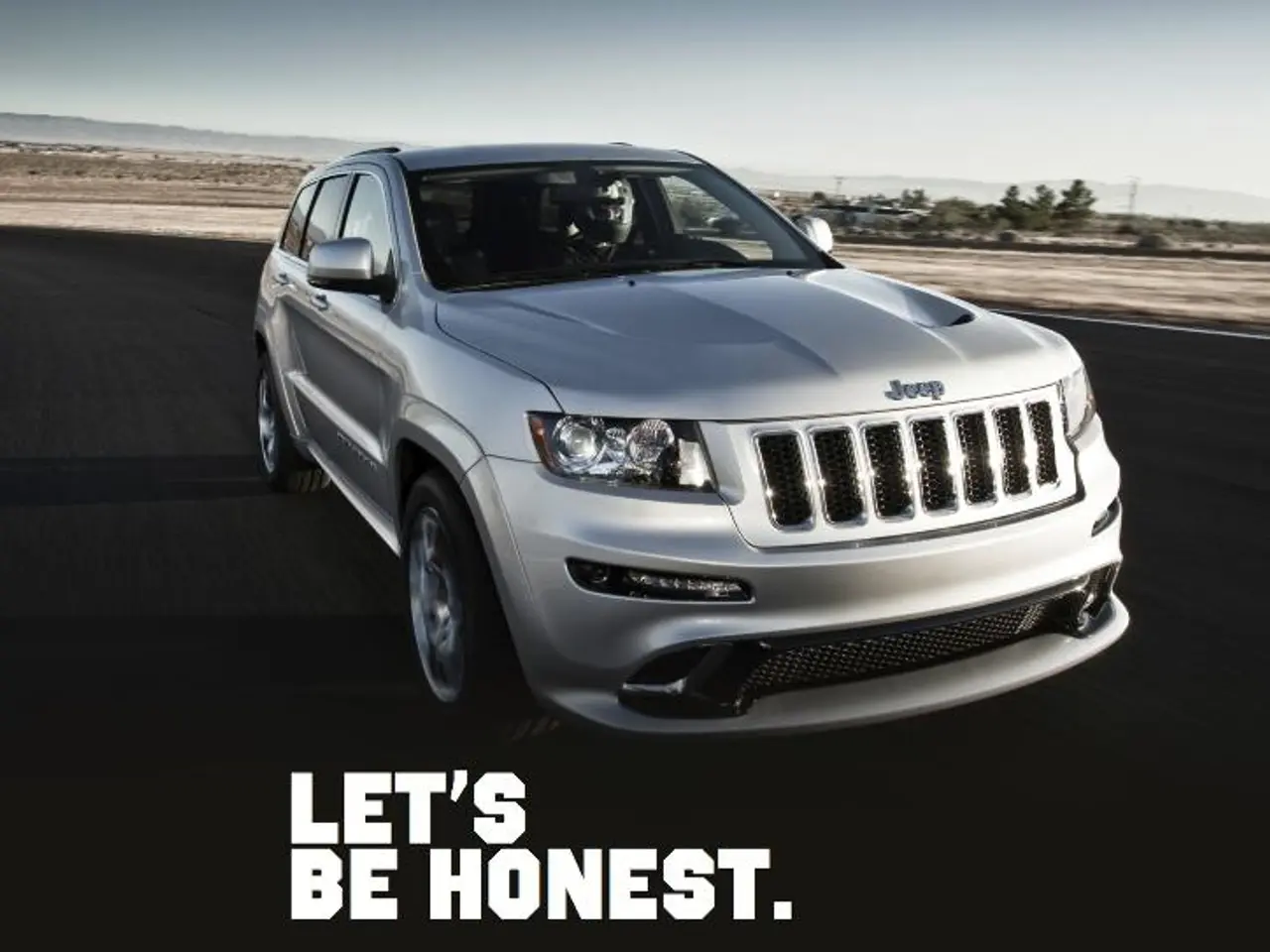Issues of primary focus for elite German automobile brands
German Premium Car Manufacturers Face Profit Challenges
The German premium car industry, including Mercedes-Benz, Porsche, Audi, and BMW, is grappling with significant profit drops in the first half of 2025. These declines are primarily attributed to challenging market conditions in China and the United States.
Mercedes-Benz, for instance, reported a profit drop of more than half, from around 6.1 billion euros to around 2.7 billion euros in the first half of the year. Audi's profit fell by 37.5 percent to 1.3 billion euros, while Porsche's profit dropped significantly, with the group's surplus from January to June being 718 million euros, a decrease of over 71 percent compared to the previous year.
BMW, too, has been affected, with a half-percent decrease in car deliveries in the first half of the year. The company also suffered a decline in profits in the first quarter, and US import tariffs cost BMW around 600 million euros. In response, BMW announced provisions for the reduction of about 7,500 jobs in Germany.
The Chinese market, traditionally a stronghold for German premium carmakers, has become increasingly competitive. Fierce competition with local electric vehicle (EV) brands like BYD, which offer more affordable and digitally advanced EVs, has led to declining sales for German EVs, which are perceived as too expensive and insufficiently digital.
In the United States, punitive tariffs introduced by the government are negatively affecting pricing and sales of German cars, reducing margins. Mercedes-Benz, for example, lowered its carmaking margin expectations from 6% to as low as 4% for 2025 due to tariff impacts.
In an effort to mitigate these pressures, German premium automakers are implementing cost reduction strategies. These include cutting overheads and restructuring, though upfront costs such as severance pay have temporarily burdened earnings.
Looking ahead, experts predict that production will shift towards the United States in the medium term. Premium manufacturers will also have to be content with lower profit margins for the time being. However, they aim to adjust product offerings to better align with market preferences, potentially focusing on more competitively priced and technologically advanced EVs.
In conclusion, German premium carmakers are adapting by reducing costs and working to make their EVs more competitive digitally and price-wise, especially in China. They face ongoing margin pressure from US tariffs and intense local competition but are pursuing efficiency improvements to recover profits in the coming years.
The German premium car industry, with its key players like Mercedes-Benz, Audi, Porsche, and BMW, is adjusting their strategies to cope with profit challenges, as they grapple with declining sales and margins in China and the US.
To offset these pressures, these companies are implementing cost reduction measures such as cutting overheads, restructuring, and focusing on more competitively priced and technologically advanced electric vehicles (EVs).




